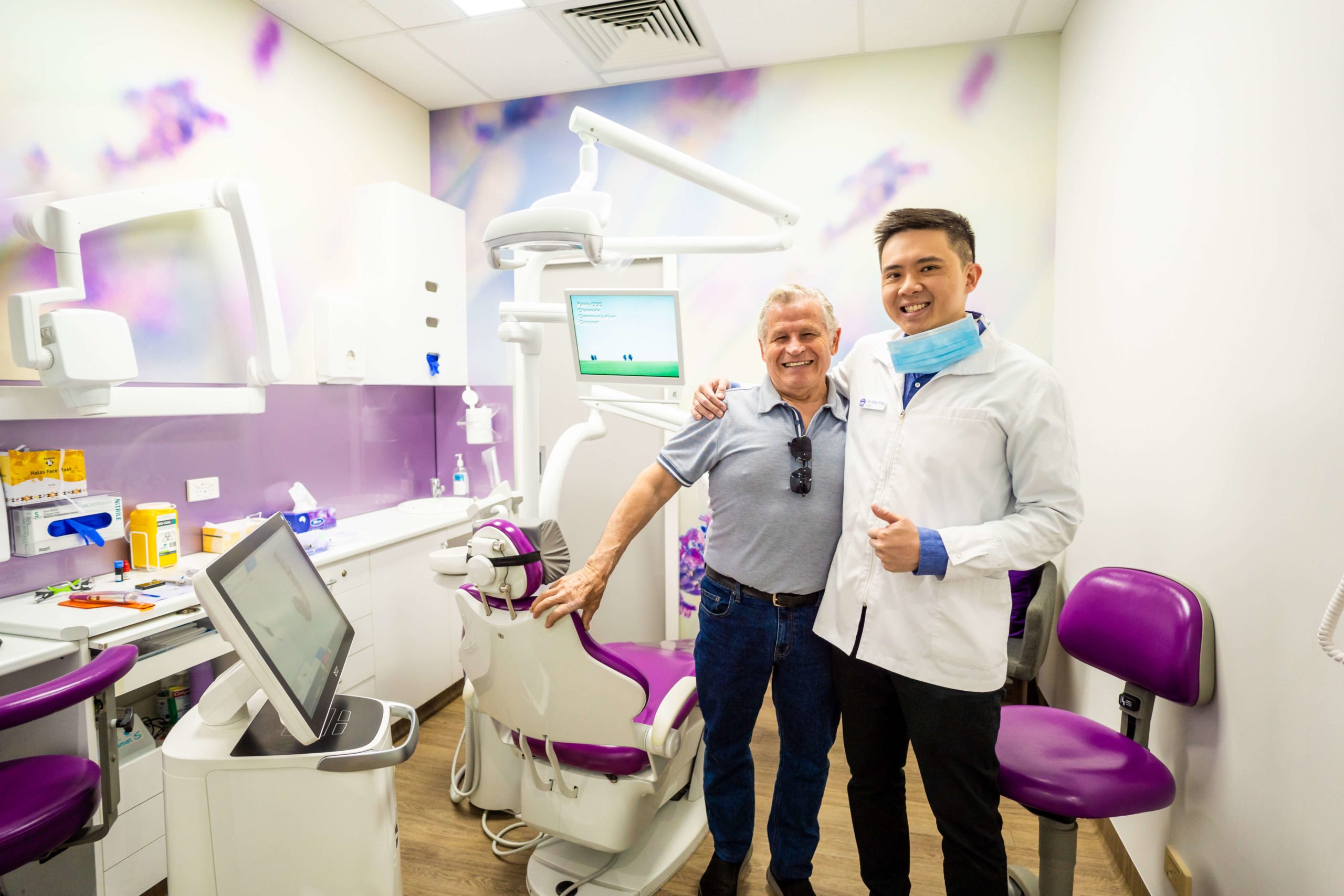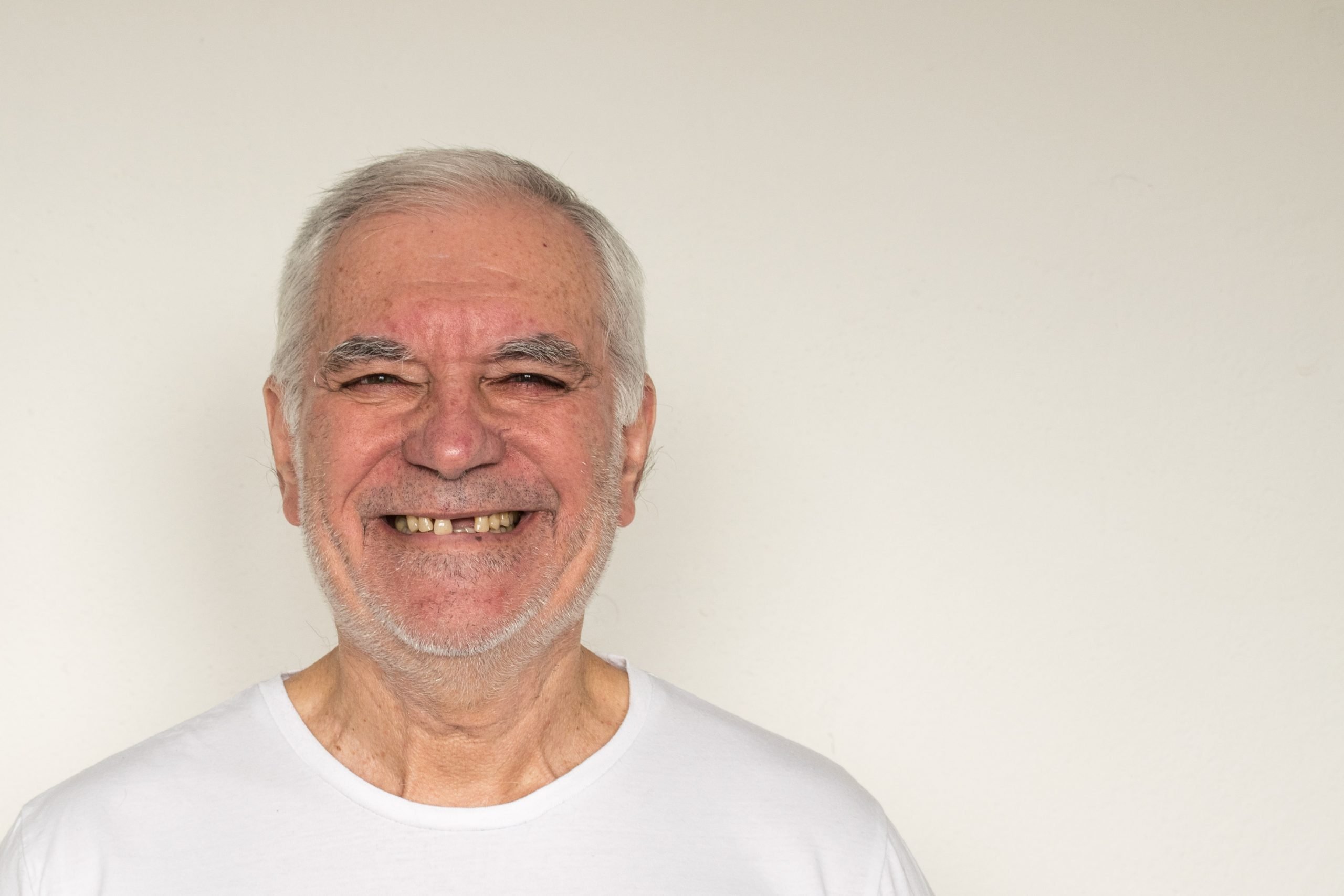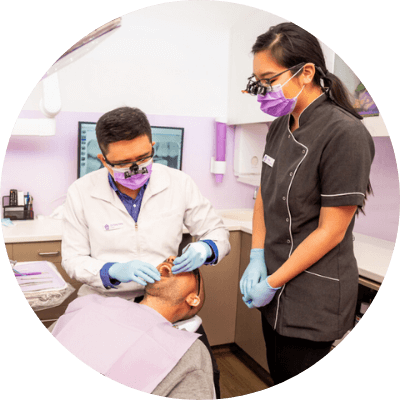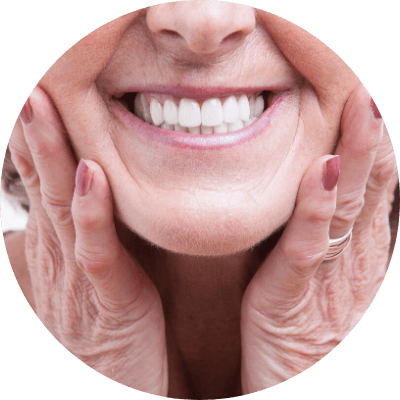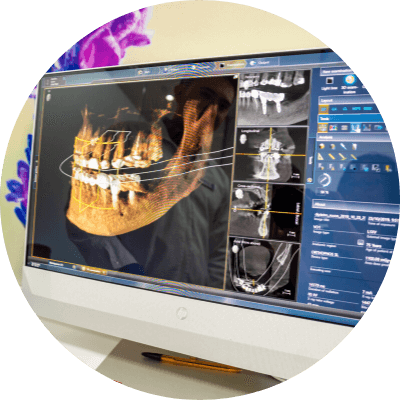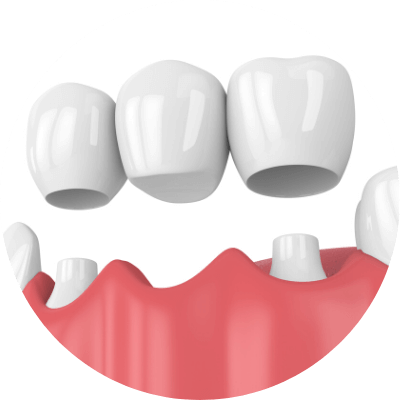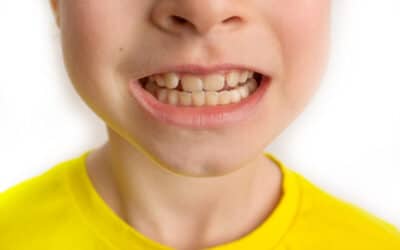Caring For Older People And Their Oral Health
Caring For Older People And Their Oral Health
Since the 1970s, significant research has gone into quantifying the relationship between oral health and general wellbeing. Fifty years has extended this into biomedical and clinical perspectives that build broader understandings.
The world population of people aged 65 and over continues to expand, with projections it will more than double by the year 2057. It’s a frighteningly vague and variable future in terms of climate change; and an increasingly ageing population creates both pressures and opportunities in the sectors of health, welfare and communal caring of our elderly.
Older people may have disabilities or a range of health problems that affect their ability to properly care for their own oral health. They may have issues of cognitive impairment, or poor dexterity, so quality assistance – and not always professional – is needed to prevent, minimise and monitor the possibility or need for complex dental interventions.
Ageing people tend to interact with a range of health workers much more frequently than they do a dentist or oral hygienist. Oral health assessment and care is integral to overall good health for everyone; most particularly the elderly, and should be regarded as such. It involves a multi-disciplinary approach and assessment of lips, tongue, gums and oral tissue, saliva viscosity, natural teeth, dentures, cleanliness, and any indications of dental pain.
There may also be functional problems with swallowing and mouth and tongue movement.
Older peoples’ mouths are prone to oral disease. There is a higher risk of periodontitis with advanced forms of the disease, typically due to accumulated and longer-term exposure to the risk factors of smoking, diabetes, obesity, osteoporosis, and heart disease.
Ironically, those who have been able to keep all or most of their natural teeth are not exempt from issues: they’re more likely to have advanced gingivitis. Oral health care for older people is often further complicated by a dental history of crown and bridge work, partial dentures and implants.
Unfortunately, oral health is often overlooked by even well functioning older people, whose cognition, general health and mobility may be slowly declining. Cost, transport, and post-treatment care for people living alone are peripheral but important factors affecting decisions our elderly make in terms of dental care.
So much quality of life in later years hinges on a healthy mouth. Oral pain, and difficulty eating impacts nutrition, influences body weight and in turn, adversely affects skin integrity, muscle strength, mobility, and continence.
Dental pain alters mood and behaviour, especially for people with dementia and those who find expressing discomfort difficult. It’s linked to cardiovascular disease, stroke and aspiration pneumonia: all major causes of morbidity and mortality for hospitalised and institutionalised frail older people.
Chronic oral infection complicates managing diabetes, heart problems and respiratory diseases, with medications often causing dry mouth – known as xerostomia. It’s a condition that affects talking and eating, and it increases the presence of harmful bacteria. It often results in bad breath, and drastically diminishes the confidence to feel happy to socialise and interact with life.
While oral swabs are useful for the application of therapeutic products, they are unfortunately sometimes used in place of brushing with the elderly and infirm, but they do not effectively remove plaque and food debris at all.
The best way to maintain oral health in older people is to make sure a soft toothbrush, whether electric or manual, is used on gums, tongue and teeth.
Dentures should be held carefully, cleaned, and well rinsed in a bowl of water in the sink to protect them from breakage if they’re accidentally dropped. They too, accumulate plaque that needs to be removed by brushing; but with a mild soap rather than toothpaste, because its abrasiveness is damaging. A scratched denture can be a source of irritation, as well as increasing the risk of infection.
Despite any protestations, dentures should never be worn overnight because fungal infection is inevitable. They should be kept in cold water or denture solution in a sealed container.
Frail and dependent older people are often recommended a high fluoride toothpaste (5000ppm) to protect against tooth decay. A pea-sized amount of should be used, and it’s advised to have them spit, but not rinse after brushing to allow the fluoride to effectively penetrate.
The long-term application of a low strength (0.12%), alcohol free, non-staining chlorhexidine disinfectant and antiseptic product is recommended after lunch for frail and dependent people, to reduce the harmful bacteria in dental plaque.
Toothpaste and chlorhexidine and toothpaste shouldn’t be used within 2 hours of each other because of the nullifying effect and therefore useless application.
The antibacterial properties of saliva can never be underestimated, and when the quality and quantity of is reduced, oral disease can very quickly develop.
Some oral care products exacerbate the issue, and damage to oral tissue results. Mouthwashes or swabs containing alcohol, hydrogen peroxide, sodium bicarbonate, lemon or glycerine shouldn’t be used unless otherwise directed by a medical professional.
Frequent sipping or rinsing with water should be constantly encouraged, and water-based moisturisers applied to the lips will keep them moist.
Fruit juice, cordial, sugary drinks and caffeine should be discouraged. Tooth decay in the elderly is directly related to the consistency of exposure to sugar, rather than the total amount of sugar consumed.
Should it be necessary, saliva production can be stimulated with dental-approved lozenges and pharmaceutical products.
To help to reduce the acid that causes tooth decay, a drink of water should follow all meals, sugary drinks, snacks, and medications. Dental friendly alternatives like xylitol are highly useful, with the change almost undetectable to the older person. If it’s dietarily appropriate, snacks and meals containing kefir, yoghurt or cheese will improve and support good oral health.
If you have an older person in your life, the greatest assistance you can be is to check for, and follow up any signs of oral discomfort or deterioration. It includes sore or cracked lips or corners of the mouth, any inflammation, coated tongue, bad breath or thick, stringy saliva.
Chips or breaks in dentures must be immediately attended to; as well as any bent or broken wires or clips.
Older people can enjoy a vibrant and satisfying life in their well-earned and later years with just a little assistance. Awareness, a respectful manner, and a gentle hand make all the difference to ageing with underlying distress, or graceful comfort.
Sometimes you don’t have to be a dentist – you just have to be human.
Note: All content and media on the Sunbury Dental House website and social media channels are created and published online for informational purposes only. It is not intended to be a substitute for professional medical advice and should not be relied on as health or personal advice.
Services we mentioned:
More Dental Articles
Some Sweet News For Diabetes Sufferers With Gum Disease
Diabetes type 2 is a scourge for sufferers and those with it know that well. Here is some sweet news for diabetes sufferers with gum disease. A new study performed at the University of Buffalo School of Dental Medicine made some helpful findings in this regard. The...
Bruxism In Children: Is It Influenced By Screen Time And Sugar?
Children gnashing & grinding their teeth asleep in bruxism – a scene from a horror movie. Overstimulation of sensitive minds…
Let The New Year Bring New Commitment To Your Oral Care
If you can be inspired to make one new year’s resolution this year let it be for your dental health. Let the New Year bring new commitment to your oral care in 2024 and beyond. This is no mere dentist’s selfish wish but a call for an understanding about just how...
Having A Smart Mouthguard Is A Life Changing Game Changer
In early 2023, the top league of professional players in Australasia, the NRL, along with Football Australia, acknowledged before a Senate committee the link between head trauma and serious neurodegenerative disease. Representatives from the major Australian contact...


